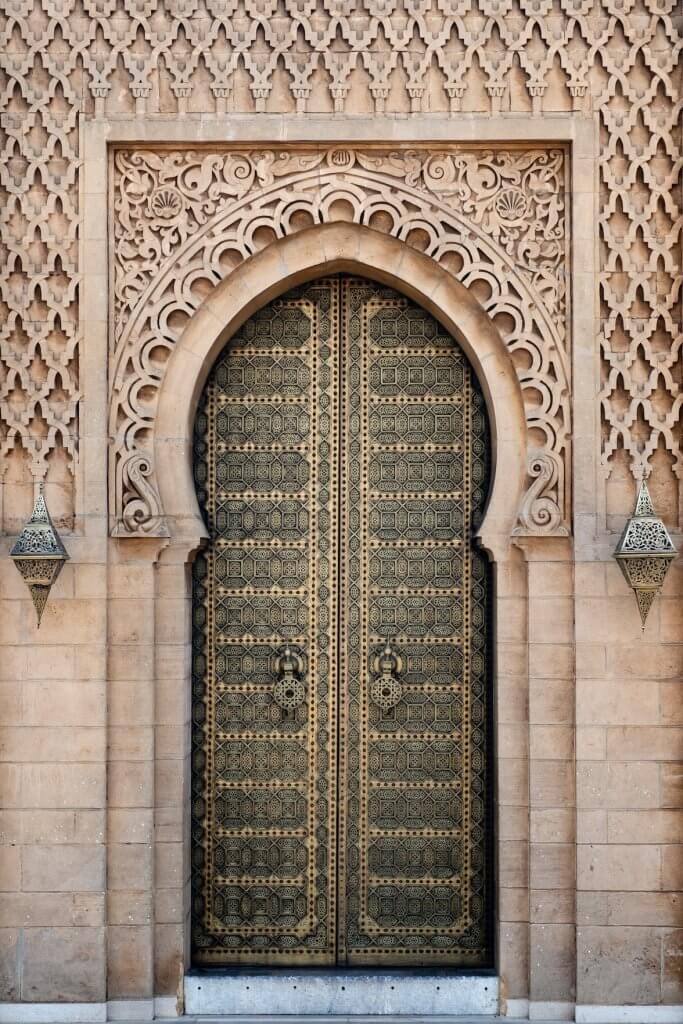Prayer Breaks: Are They Legitimate?
February 7th, 2024

Some individuals pray numerous times each day in the United States, and some argue that they should be provided with breaks from work in order to perform these religious duties. This issue is raising a number of religious, legal, and constitutional issues in the nation. How many breaks should religious employees receive each day to pray? Should some religious individuals receive more prayer breaks than others? Should these prayer breaks be paid? What about the effect this will have on the productivity of private businesses? These are all important questions.
Religions that Require Numerous Prayer Breaks Each Day
Some religious individuals are required to pray more than others. The obvious example is Islam, which requires its adherents to pray at least five times per day. Of course, some Muslims do not take these requirements very seriously. As with virtually any other religion, there are “orthodox” Muslims and less serious Muslims.
However, praying each day is not exclusive to Islam, and many other religions carry out daily prayers. A study conducted by Pew Research shows that while Islam may make headlines for numerous prayers per day, it is actually the Jehovah’s Witnesses who are most likely to pray at least once per day. While 69% of Muslims say that they pray at least once per day, 90% of Jehovah’s Witnesses say the same.
In fact, there are many other religions that seem to pray more than Muslims. These include Evangelical Protestants (79%), Historically black Protestants (80%), and Mormons (85%). Orthodox Christians and Catholic Christians trail only slightly behind Muslims, with 57% and 59% stating that they pray at least once per day, respectively.
Jewish law also requires its adherents to pray three times per day – including morning, afternoon, and evening prayers. Some of the earliest Christian texts instruct adherents to pray seven times per day.
How Would Such Breaks Work?
With so many religions seemingly requiring prayers throughout the day, interference with work schedules is inevitable. Some of these conflicts have led to lawsuits, with the most recent examples coming from Pennsylvania. On January 12, 2024, the Philadelphia Inquirer reported that a Jehovah’s Witness had sued the local transit authority for failing to adjust her schedule. She claimed that she needed Sunday mornings and Tuesday evenings off to attend religious meetings. After she refused to work at those times, she was terminated.
Another lawsuit was filed by a former Tastykake employee, who claimed that he was forced to pray in a janitorial closet after being subjected to racial and religious discrimination. The Muslim worker claims that he was nonetheless given two five-minute prayer breaks for each of his eight-hour shifts – suggesting that this is already an established process in the United States.
In another lawsuit, a housekeeping supervisor at a school claimed that he was not given prayer breaks despite requesting them. He also claims that he was falsely accused of various crimes due to racial discrimination.
The Inquirer points out that employees may feel emboldened to file these lawsuits after a recent Supreme Court decision that essentially forces all employers to provide workers with religious accommodations. A relatively slight reduction of productivity associated with prayer breaks is no longer relevant, and employers must show that these accommodations would lead to “substantially increased costs.”
Keep Informed with the Universal Life Church
Each month, various cases test the nature of religious rights in this country. While the basis for many religious rights is the United States Constitution, there are still countless cases that question the exact nature of these rights. The Universal Life Church’s blog is focused on documenting the most noteworthy of these cases in an objective manner that can be easily understood by readers.


